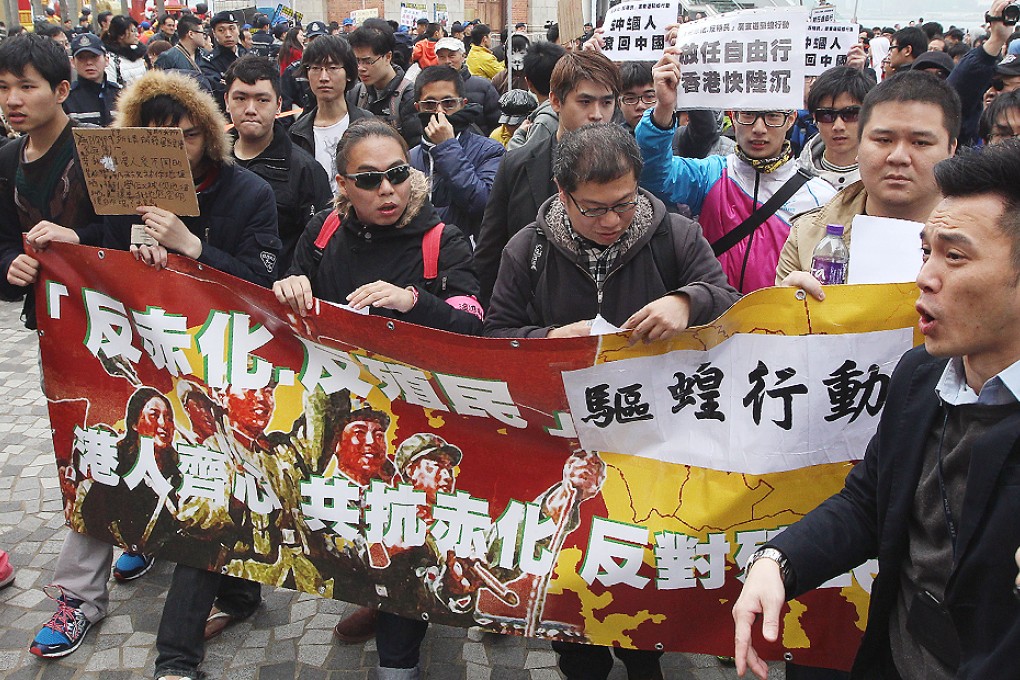Hong Kong should be truly inclusive
Hong Kong prides itself on being an inclusive city. But this has lately been put to the test when it comes to our neighbours across the border. Growing intolerance has seen a rise in prejudice against mainlanders in recent years, and sometimes verbal and even physical clashes.

Hong Kong prides itself on being an inclusive city. But this has lately been put to the test when it comes to our neighbours across the border. Growing intolerance has seen a rise in prejudice against mainlanders in recent years, and sometimes verbal and even physical clashes. This has prompted the Equal Opportunities Commission to consult on whether or not the race discrimination law should be broadened to cover nationality, citizenship and residency.
The idea is just part of a sweeping review of the four existing anti-discrimination ordinances. But it understandably stands out, as the influx of mainland tourists and immigrants continues to fuel social tensions. That the review has drawn mixed reactions is to be expected. Some fear that it would result in a deeper divide and more lawsuits; others believe it would enhance mutual awareness and foster social cohesion.
Discrimination in any form is bad and has no place in a civilised society. While the commission's suggestion is worth supporting in principle, it has far-reaching implications for existing public policies, such as eligibility for subsidised housing and welfare payments. There are also residency-related housing measures, such as the locals-only land sales rules and punitive property stamp duty.
The planned overhaul is the first since the initial passage of anti-discrimination legislation in 1996. Any changes would have a serious impact on public policies and the public finances. The issue must be handled with great care and sensitivity. It is reassuring that the commission acknowledges policies and measures may not be discriminatory provided they can be reasonably justified.
Credit goes to the commission for taking up a wide range of controversial issues, such as extending employment benefits for spouses to unmarried couples regardless of sex. Ideally, the review should go further to include same-sex marriage. But given the complex nature of the issues this has been left for a separate exercise.
Fighting discrimination is a long battle. As understanding and awareness continue to increase, so does the expectation for equal rights and opportunities. The review is based on the commission's working experience over the past 18 years. It is in the public interest to debate what further changes are needed to make Hong Kong a truly inclusive and tolerant city.
